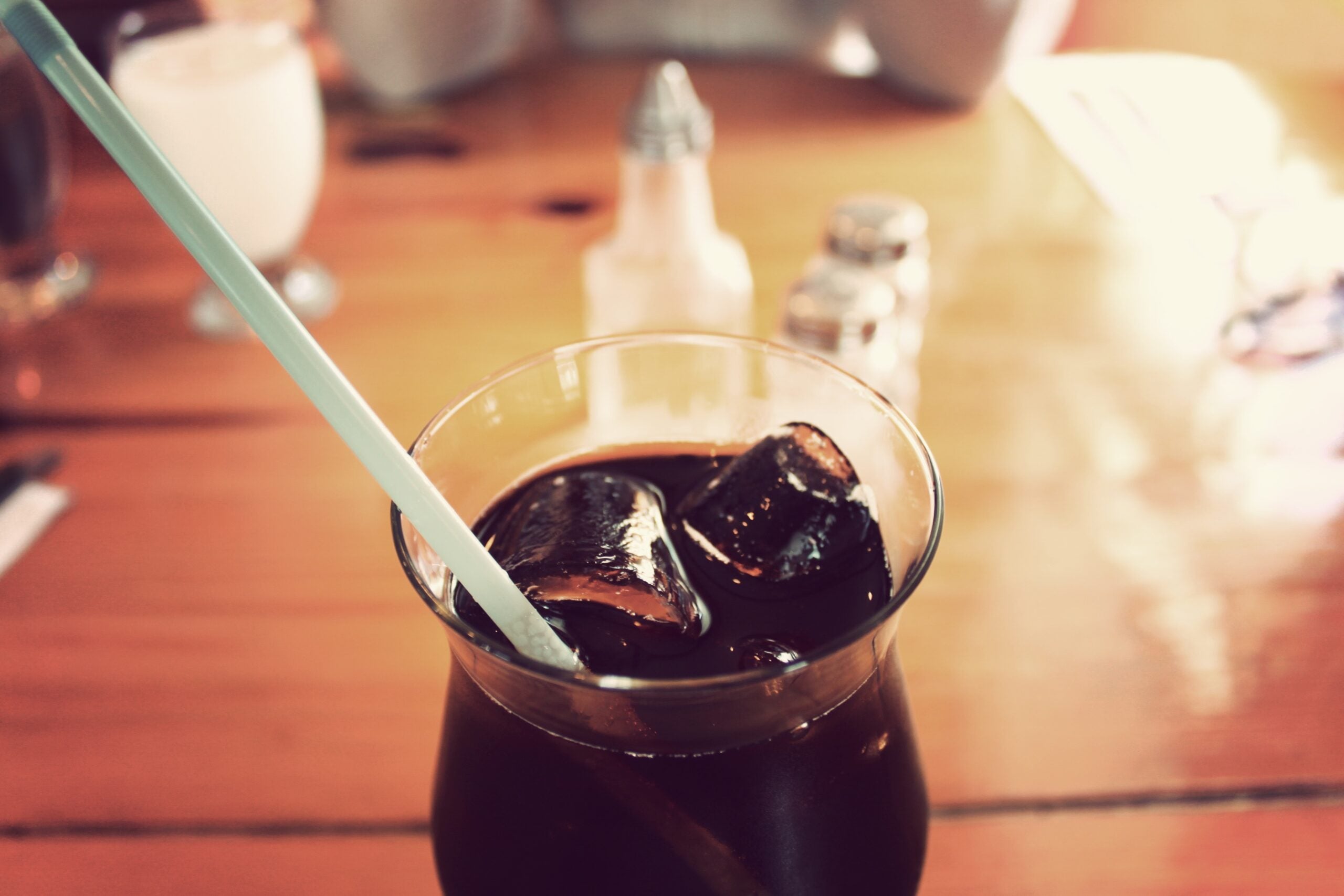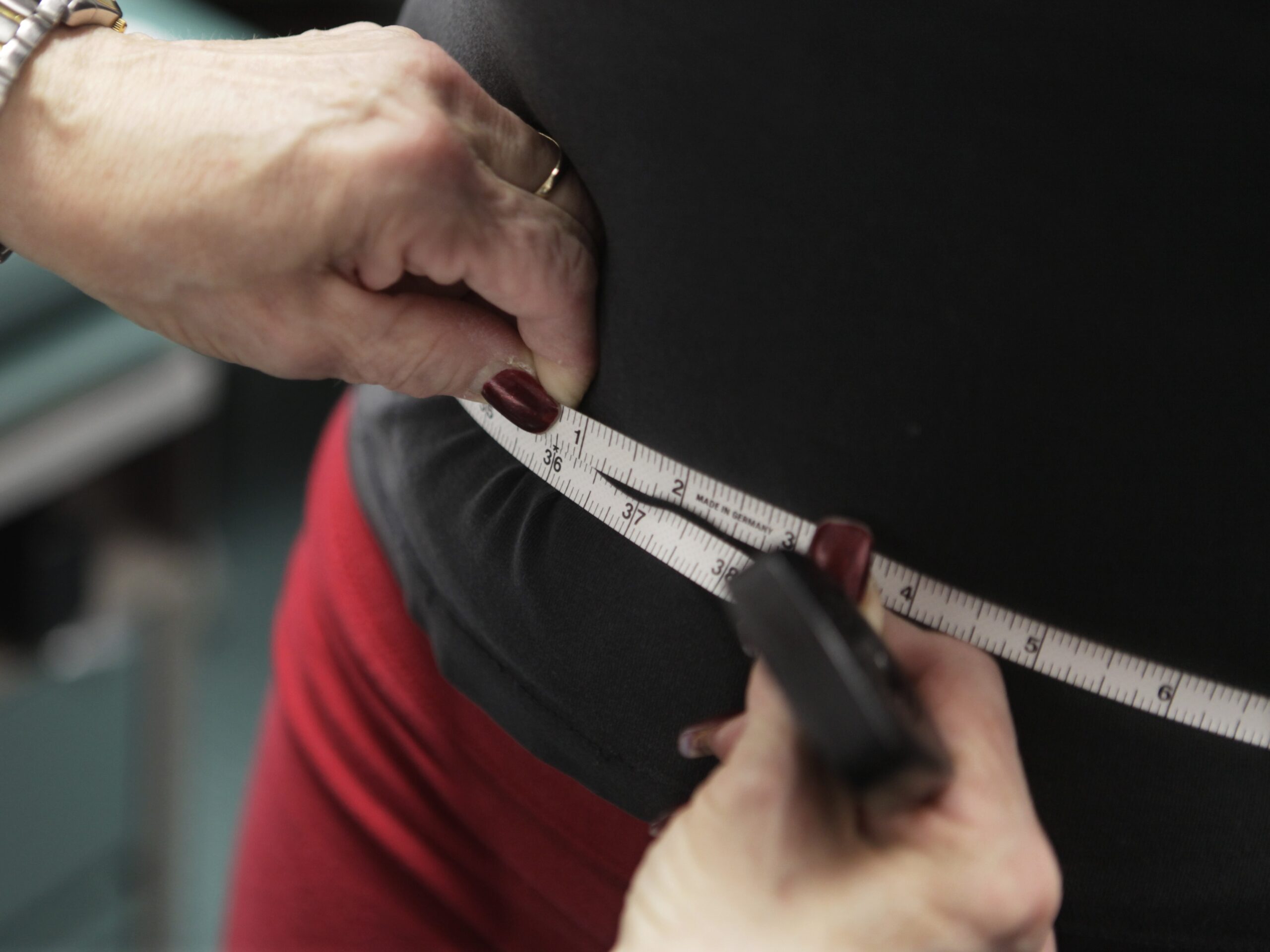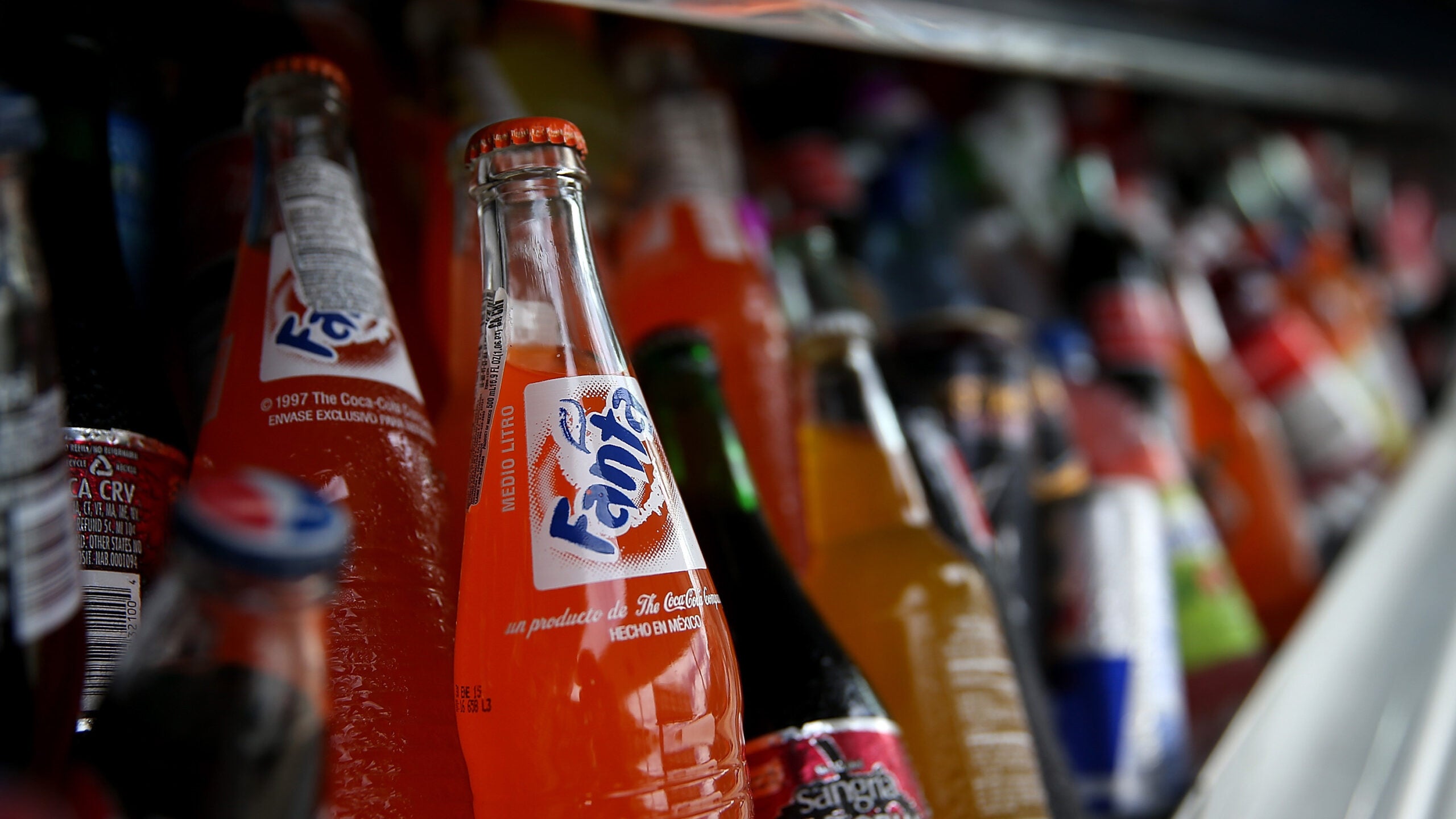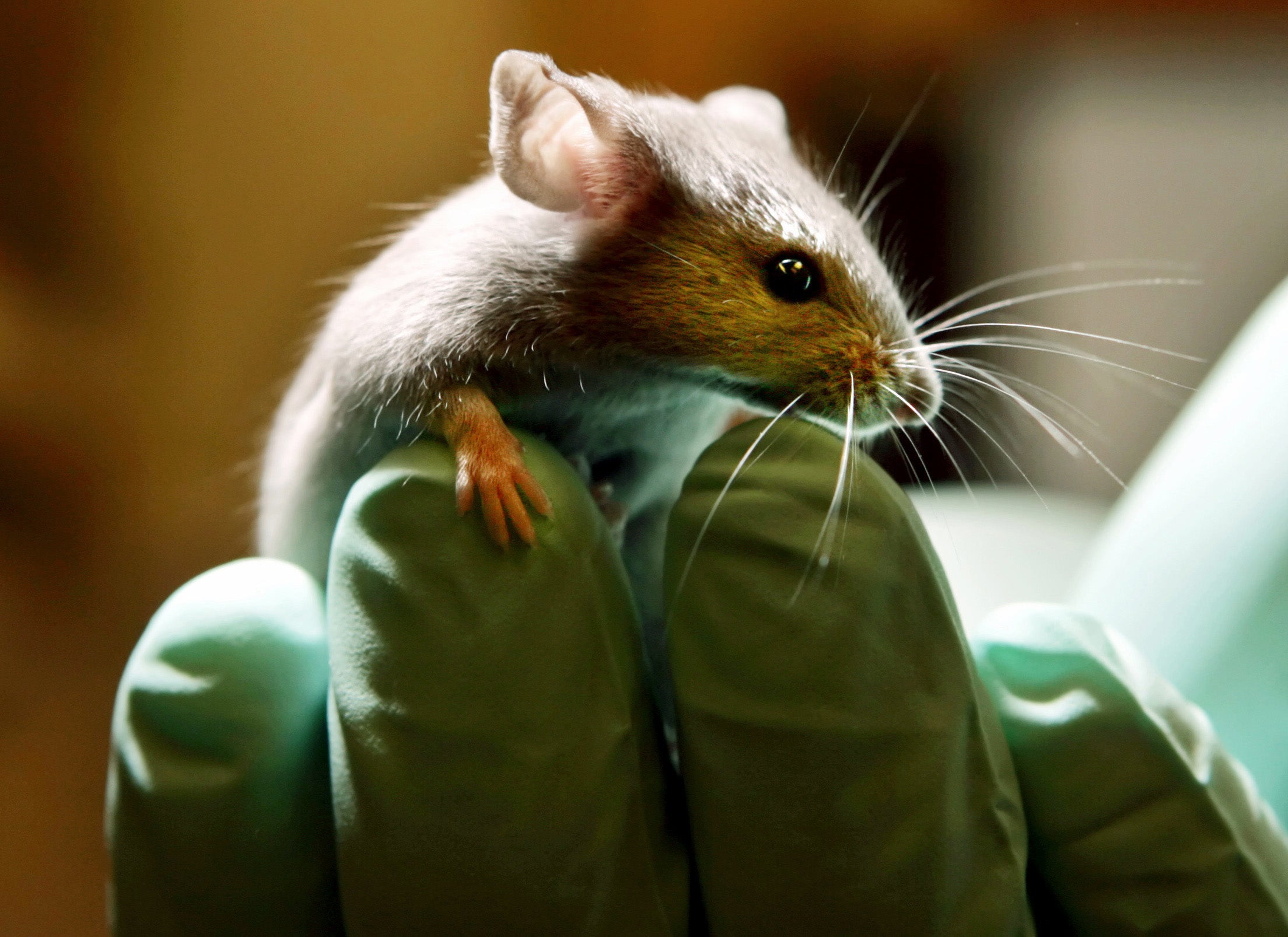Back in December, a purportedly scientific research group called the Global Energy Balance Network announced that it was shutting down. Four months prior, The New York Times had reported that the group was funded by Coca-Cola, with the express goal of downplaying the link between the sugary drink and a variety of health conditions including obesity and type 2 diabetes.
According to Marion Nestle, a food industry activist and professor in the Department of Nutrition, Food Studies, and Public Health at New York University, Coca-Cola is still dealing with the public relations aftermath. But she says that this kind of money for “scientific” research is typical in the soda industry, where companies have spent untold sums of money trying to control the national conversation about soft drinks through sponsored studies. These studies often say that it’s exercise, not diet, that matters most when it comes to maintaining a healthy weight.
Nestle talked with Anne Strainchamps about her new book, “Soda Politics: Taking on Big Soda (and Winning).”
Stay informed on the latest news
Sign up for WPR’s email newsletter.
Anne Strainchamps: One of the main points you make in your new book is that a lot of public perception is shaped in ways that we don’t often see or realize. Can you give me an example?
Well, the one that bothers me the most, and the one that I’m most concerned about these days, is Coca-Cola and the American Beverage Association’s sponsorship of research studies. These research studies invariably come out with results that favor the marketing interests of these companies or trade associations. And the studies are designed to show that sodas have nothing to do with health — they don’t raise obesity levels in adults or children, they don’t cause diabetes, they’re not associated with diabetes. And the one that actually really disturbs me the most is the National Health and Nutrition Examination Survey, which is the major United States nutrition monitoring survey. The Coca-Cola and American Beverage Association-funded studies all come out with results that say this survey is so flawed that you shouldn’t pay any attention to anything that it says.
I don’t understand how anybody can do a scientific study suggesting that there’s no connection between drinking a lot of sugary soda and obesity or diabetes. If you’re going to drink a lot of sugar, aren’t those going to be the results?
Yeah, I mean, my doctorate is in molecular biology and I’ve studied science for a long time. And I think it’s really easy to design a study to give you the answer that you want. All you have to do is not control it very well, is to ask a question that is going to give you the answer that you want. These aren’t open-ended studies — these are studies that are designed to give the answer that the investigator wants. And whether this is conscious or unconscious, I can’t say. I suspect it’s unconscious, which makes it even more difficult to deal with. Most people who accept money from soda companies for their research think it has no effect on what they do.
I think they’ve also sponsored a lot of research recently suggesting that exercise is much more important than diet — that even if you eat, you know, a terrible diet with lots of sugar, that the main way to avoid obesity and all the problems associated with it is just exercise.
Yeah, that’s where The New York Times revelations came in. The New York Times did an enormous story last August demonstrating that a group called the Global Energy Balance Network, based in the University of Colorado, which was designed and organized specifically to promote the idea that how active you are is much more important than what you eat in your weight status, that that organization was totally funded and backed by Coca-Cola. Ooh, did that look bad. And it caused an enormous, enormous public relations disaster for Coca-Cola which the company is still dealing with.
Now the issue of physical activity versus what you eat is an important one. And physical activity is really important in health, absolutely. But if you are using physical activity to work off excess calories, you have a big problem, because it’s very hard to do. So the most obvious example is, let’s say, a 20-ounce soda which has 275 calories. My rule of thumb is that it takes about a mile of walking or running to work off a hundred calories. So that’s three miles.
That’s a fair amount.
Which a lot of people can’t fit into their daily activities very easily. Some people can, some people can’t. But to the idea that you’re going to work off soda calories by physical activity is a fantasy. It just can’t be done, unless you’re a really serious physical activity nut.






